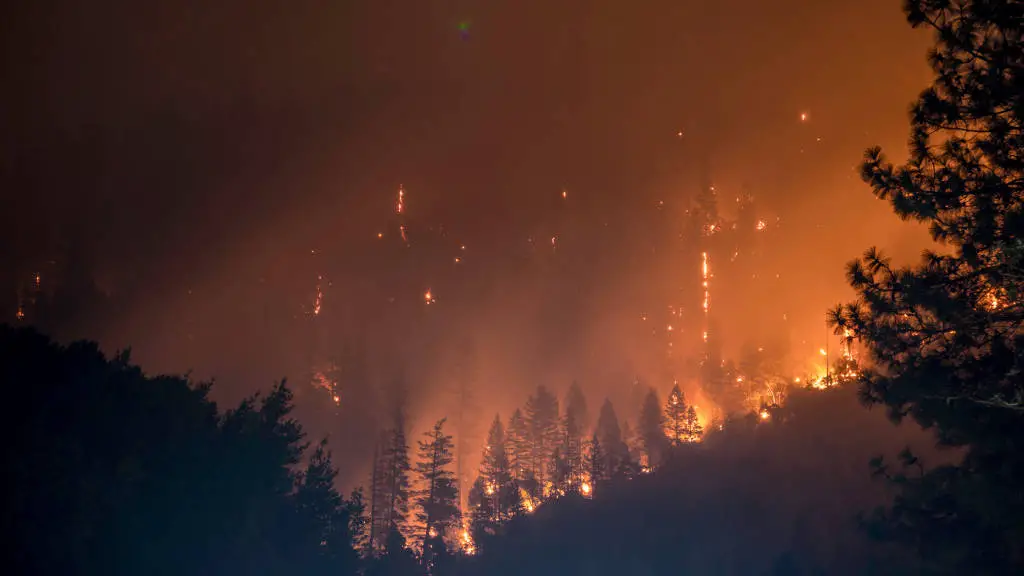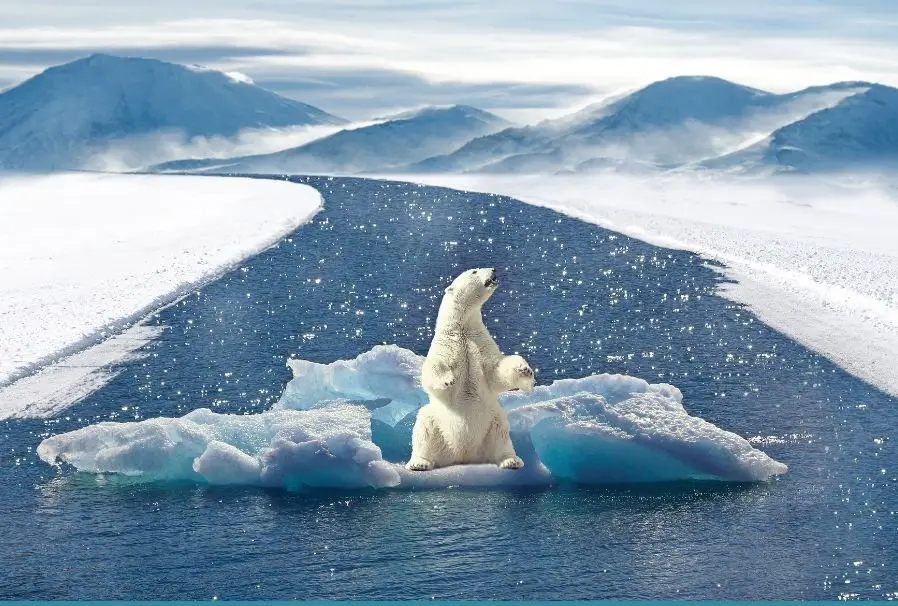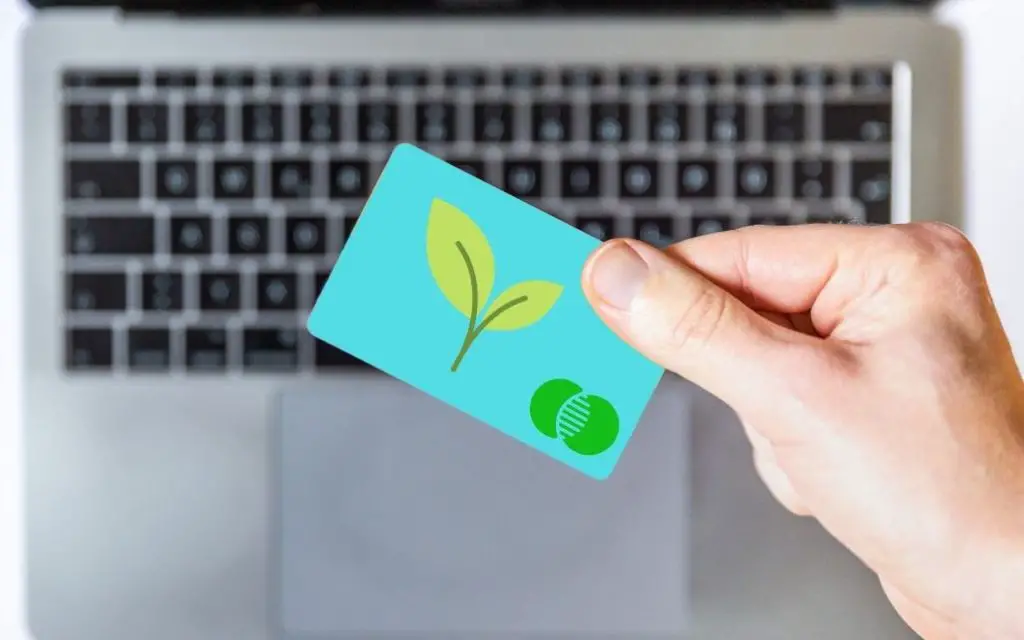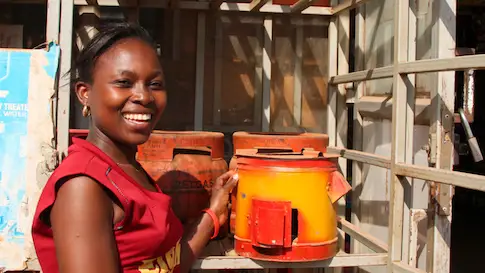Understanding Carbon Offsets and Carbon Credits

Understanding Carbon Offsets and Carbon Credits

Perhaps you have seen and heard people mention the idea of “offsetting” their carbon emissions and the greenhouse gasses generated through daily activities. You may be wondering what this means and what “carbon offsets” or “carbon credits” actually are?
What are Carbon Credits?
Basically, carbon offsetting is when projects are undertaken that either remove carbon and other greenhouse gases from the air, or reduce the creation of new greenhouse gases by funding a renewable energy project like a wind farm, for instance. Companies and individuals can purchase carbon credits to help fund these projects and thereby “offset” the carbon and other gases they generate.
Most of the criticism of carbon offsets that I have seen is that they can have the effect of making the user feel like they can “buy” their way out of cleaning up their own act. I can see their point. Companies especially might be tempted to use offsets to be able to claim they are “carbon neutral” or “climate friendly” without taking any real measures to reduce their own emissions.

But for myself, I know I am going to continue to try to reduce my own carbon footprint, so I think offsets can be a good addition to combating climate change. At this point, I feel like we have to use every means available to do everything we can as soon as possible.
Before you begin looking for ways to purchase carbon credits, it’s a good idea to estimate how much carbon you are currently generating, and look for ways to reduce that number by modifying your activities and lifestyle. Check out this article on calculating your carbon footprint for more info. Once you’ve done everything you can to reduce your carbon footprint, then you may want to consider carbon offsetting options.
Offset Your Online Shopping Emissions for Free!

Every time you purchase something online and that item is shipped to you, greenhouse gasses are created during the transportation of the product to your home. There is a new service called EcoCart that you can sign up for which offsets those carbon emissions at no cost to you. Learn more about EcoCart here.
To reduce your carbon footprint even further, you can purchase credits through a carbon offset company, but be sure to choose one that is reputable with proven results.
How to Choose a Carbon Offset Company
There are plenty of programs out there offering carbon credits for tree-planting projects, renewable energy development and so on. But to ensure that your money is going to a legitimate carbon reduction project, only choose an organization that is verified by a trusted third-party certification like The Gold Standard. For more information on comparing carbon offsetting companies and the certifications to look out for, check out this helpful article from Ethical.net.
After researching many of the available carbon offsetting projects, I made a donation to a project on Cool Effect that provides affordable cookstoves to people in Uganda. (Please note that I am not endorsing this project, but I chose it because it is Gold Standard verified and I liked the overall mission.)
90% of Ugandans burn wood or charcoal in an open fire that emits more heat to the air than it does to their cookpots. The Uga stove reduces the use of wood or charcoal by 50% because it burns the fuel thoroughly and efficiently and concentrates the heat from the fire directly to the cooking surface where it matters most. Less fuel burned equals less greenhouse gas and toxic smoke emitted.
– Cool Effect
Plus which, the more fuel-efficient cookstoves save time for Ugandans who spend so much time gathering wood and cooking, and reduce deforestation since less wood fuel is needed. I really liked this project because it improves people’s lives in addition to reducing greenhouse gas emissions. Read more about the Affordable Cookstoves for Uganda project here.
Have you participated in any carbon offsetting programs? What other measures are you taking in your own everyday activities to help fight climate change? Let us all know. And thank you for your support!
[Related: Everyday Steps to Fight Climate Change ]





